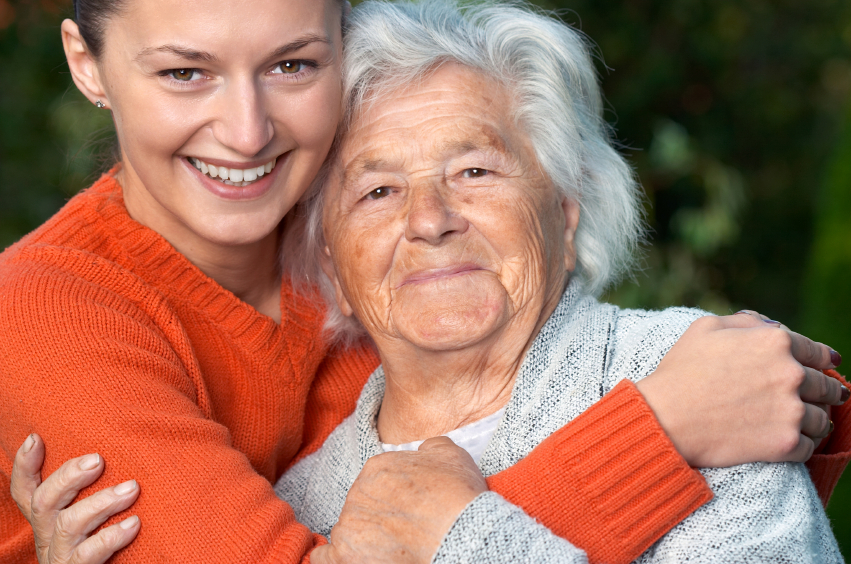 Since 1963, May is the month when we celebrate and support the older generations as they enter the next stage in life. Age Strong! Live Long! is the theme for the 2010 National Older Americans Month. Throughout the month, we recognize the diversity and vitality of today’s older Americans, and we are encouraged to honor the skills and accomplishments they have achieved over a lifetime.
Since 1963, May is the month when we celebrate and support the older generations as they enter the next stage in life. Age Strong! Live Long! is the theme for the 2010 National Older Americans Month. Throughout the month, we recognize the diversity and vitality of today’s older Americans, and we are encouraged to honor the skills and accomplishments they have achieved over a lifetime.
The senior population currently spans over three generations and continues to grow as most people tend to live longer. Additionally, the population of persons 65 plus is expected to double in size within the next 20 years, reaching 71.5 million by 2030.
Today’s older generations have lived through wars and hard times, experienced the development of technology from its premature stages, and they have been the driving force behind a cultural revolution striving for an equal society. Many seniors are also becoming more active in their communities, making significant contributions through civic and volunteer actions.
These older generations are certainly worthy of our praise and admiration. Growing older, however, also has its downsides. Elder abuse is a growing problem and every year, an estimated 2.1 million senior Americans fall victims to abuse. Many victims suffer in silence and only one out of every 14 cases is reported to authorities. Social isolation and mental impairment often caused by dementia and Alzheimer’s are common risk factors, making seniors vulnerable to abuse.
Domestic, institutional, and self-neglect are the three most frequent types of abuse in later life. Elder abuse can take on several forms, including physical abuse, emotional abuse, sexual abuse, financial or material exploitation, neglect, and abandonment. The vast majority of elder-abuse cases involve female victims, and about 70 percent of the assaults occur in the victim’s home.
Both men and women may become abusers. In about 90 percent of cases, the offender is a family member, usually financially dependent on the elderly and often having alcohol and/or drug problems. Although grown-up children may have a tendency to financially exploit their elder parents, spouses are the most common perpetrators of abuse in later life.
To prevent future elder abuse, it is crucial to educate seniors, professionals, caregivers, and the public about the issue. The most important thing is to be alert and keep a watchful eye out for loved ones, friends, and neighbors, who may be at risk. The National Older Americans Month is our opportunity to give back to the older generations and join them in providing services and support that empower the elderly and help them age strong and live long.
If you or someone you know is affected by abuse in later life, Hubbard House can help. Please call the Hubbard House domestic violence hotline at 1-800-500-1119 or 904-314-3114.
ABOUT HUBBARD HOUSE
Hubbard House is a nationally recognized leader in domestic violence intervention. Founded in 1976, Hubbard House is a certified, comprehensive domestic violence center providing programs and services to more than 5,000 women, children and men annually in Duval and Baker counties. While Hubbard House is most known for its emergency shelter, the agency also provides extensive adult and youth outreach services, school-based education, therapeutic child care, batterers’ intervention programs, court advocacy and volunteer and community education opportunities. Visit www.hubbardhouse.org to learn more.
By Vicky Krook
